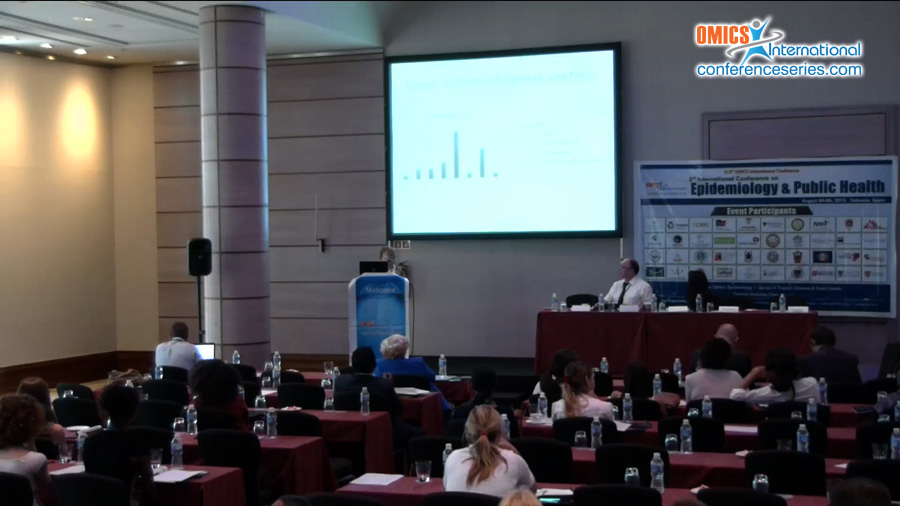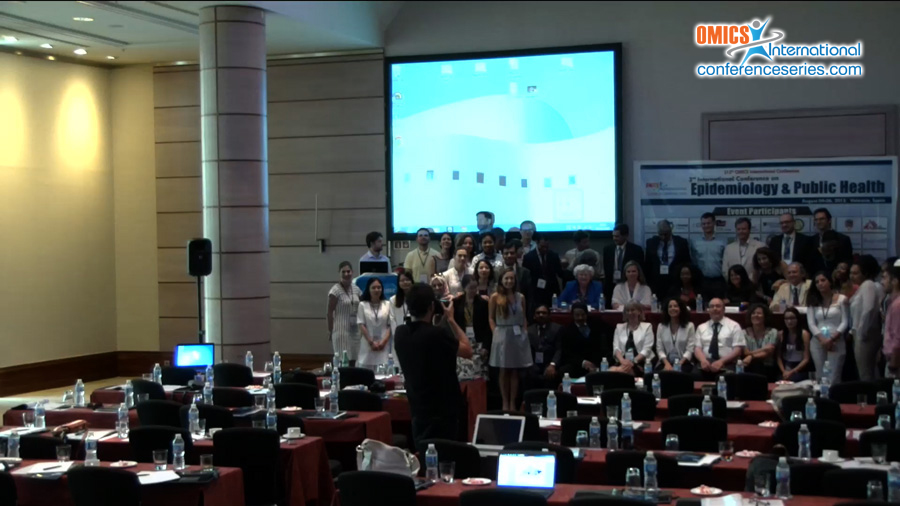
Dominique Jeannel
WHO& French Institute for Public Health Surveillance, France
Title: Why persistence of Ebola community deaths in Conakry, Guinea?
Biography
Biography: Dominique Jeannel
Abstract
Early February 2015, while Ebola cases decreased markedly since December 2014, the number of Ebola community deaths (ECD) in Conakry showed no decrease, although all Ebola riposte activities were deployed. A study was then conducted on ECD trends, history of contamination and disease, seeking for health care and social reaction. Trends in Ebola cases, deaths in Ebola clinics and in community, and statistics of calls to the Ebola free hotline in Conakry (N°115) were analyzed. For all ECD between 1st January and 12 February 2015, a descriptive analysis was conducted from investigation reports. The number of ECD remained stable at 5/week since week 50 2014. During the study period, the number of calls to N°115 ranged 880-1100/week, with 8% concerning ECD. Twenty seven ECD were reported, with 78% biologically confirmed and 74% with safe and dignified burials; 89% of the deceased were unidentified contacts, 78% were Conakry residents. At least 37% were infected in Conakry and 44% in areas of active transmission in low Guinea region, where reticence/hostility to Ebola control activities were reported; 49% attended unsafe funerals. The source of transmission was outside Conakry for at least 71%. Disease duration ranged 3-13 days (peak 7 days); 59% sought for health care, mainly in private medical clinics, and in national hospitals for 3. Reticence/hostility to Ebola control activities was reported in 44%. This study showed that ECD in Conakry early 2015 originated mainly from helping Ebola patients or during funeral attendance in places of active transmission in low Guinea. Gaining population cooperation appeared as a major factor for the success of Ebola control in Guinea. The high proportion of these Ebola deceased in community who sought for healthcare raised the importance of triage reinforcement in clinics and hospitals.
Speaker Presentations
Speaker PDFs
Speaker PPTs Click Here


